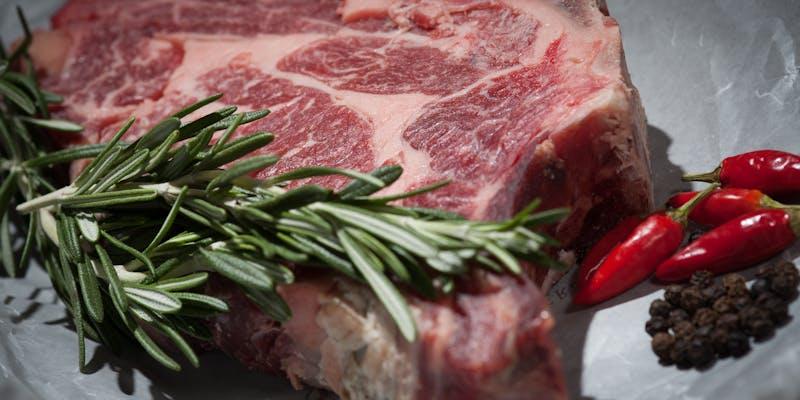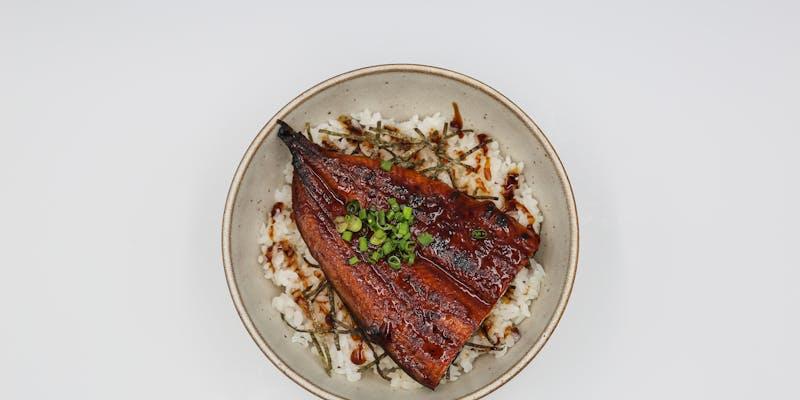The Nutritious Impact of Moose Meat - Expert's Opinion
Mar 25, 2024 By Nancy Miller
Meat from large animals, such as moose, has a distinctive fatty acid composition and is miraculously rich in iron, protein, and B vitamins, among other components. One of the most unique and prized traditional crafts is moose hair tufting. The conventional method of preparing skins involves tanning the hides of a moose. Several individuals are involved in finishing the procedure. You can't tan a moose's skin without the brains and Dasha.
Coated moose hides are utilized in the construction of footwear and apparel. Drying, which results in moisture loss, enhances animal parts' nutritional content and preservation quality. Smoked or dried meat is an indispensable pack-along or travel companion.
Incorporating moose into one's diet may require adjustment in the culinary arts, particularly for those unfamiliar with the species. Mastering this particular game meat may result in frequent consumption, albeit requiring a slightly greater degree of attention during cooking than other meats.
Moose Meat Nutrition

When it comes to nutrients, moose meat is very amazing. Not only is it nutrient-dense, but it also has little calories and a lot of protein. No more than 113 calories per normal 3-ounce serving of moose. This is how the macronutrient breakdown appears:
- 25g of protein.
- Zero carbohydrates
The following are micronutrients (vitamins and minerals) found in moose meat:
- 3.5 milligrams of iron
- 149 milligrams of phosphorus
- 283 milligrams of potassium-containing substance.
- 197 milligrams of sodium
- A12 (5.3 micrograms) is included.
- 4.5 mg of vitamin B3 (niacin)
In addition to their numerical value, nutrients contribute to overall health, support digestion, and strengthen the immune system. According to research, adherence to iron intake, characterized by fatigue and frailty and affecting millions worldwide, may prevent anemia. There is a correlation between chronic vitamin B12 intake and the development of neurological and mental disorders; it is an essential element of a healthy diet. Moose meat's flavor and health benefits are highly esteemed in certain regions of Canada and Europe, where it is traditionally ingested.
Fat in Moose
The health advantages of moose extend beyond its calorie and nutritional content; the wild animal meat also has a unique composition of fatty acids. A study reported that moose and caribou meat are abundant in "functional fatty acids." Several foods don't contain these specialty fatty acids in significant quantities, yet they offer distinct health advantages.
Moose has a very high concentration of fatty acid esters of hydroxy fatty acids (FAHFAs). These fatty acids have been directly associated with diabetes glucose tolerance and insulin sensitivity. Additionally, they can increase insulin production in individuals with low insulin levels. There was very little difference between the moose and caribou meat nutrition information regarding FAHFAs.
Moose meat is unique among meats because it includes diglycerides and monoacetyldiglycerides (MAcDG), two classes of fatty acids. Diglycerides aid in promoting healthy fat metabolism and weight, whereas MAcDG aids in the battle against inflammation and associated illnesses such as cancer, autoimmune disorders, asthma, and diabetes.
How To Cook Moose Meat
Since moose and other wild game meats tend to be leaner than beef in a supermarket, there are a few best ways to prepare them. Cooking procedures while following the moose meat recipes that use liquids aim to add moisture and retain the meat's natural fluids.
Suppose you want your moose to turn out delicate and flavorful. In that case, the University of Wyoming's College of Agriculture and Natural Resources Extension experts recommend braising it (simmering it in a little liquid covered in a saucepan) or basting it with some fat; many moose meat recipes follow this technique. You should remember that undercooking meat can make you sick, and overcooking it can make it dry. That's not the right temperature for beef165 degrees Fahrenheit.
Benefits Of Eating Moose Meat

Aids Heart And Kidney Diseases
Some research suggests eating moose meat may lower blood pressure and heart and kidney problems. Despite 65 mg of salt per serving, moose meat is a good choice. Potassium levels over 300 mg per serving may help you meet daily needs. Combine these two drugs to lower heart attack and stroke risk and blood pressure. Moose meat's carb-free status is a plus.
An essential dietary "sweet spot" exists. Hypertension mitigates an elevated risk of heart disease and stroke; the American Heart Association states that a low-sodium, high-potassium diet is effectivea nutritious caribou cut. According to the WHO, proper nutrition is one of the most effective methods of preventing heart disease. Heart-healthy moose meat has an amazing moose meat taste that could be beneficial.
Protein Power
Per 100 grams, Moose is composed of calories, protein (22 grams), and additional nutrients. Proteins are necessary for virtually all biological processes. They facilitate cellular repair, energy generation, biochemistry, and cell production. Protein deficiency is denoted by hypoproteinemia.
Mushroom meat and other protein-rich foods may be beneficial to one's health. According to the Dietary Guidelines for Americans, a daily protein intake is essential for human health. Exertion level, age, and gender influence the quantity. To illustrate, inactive males require 56 grams of protein daily, whereas females require a significantly lower amount of 46 grams. The protein content of moose meat aids mushroom maintenance and health.
Lean and Healthy
One gram of fat is present per serving of moose flesh, but a mere 0.5 grams of saturated fat is present in this extremely low-fat level. The low-fat content boosts LDL cholesterol, increasing heart disease risk.
The American Heart Association recommends limiting saturated fat to 7% of daily calories, which reduces heart disease risk. Mousebele moose replaces meat and other unhealthy meals. Heart disease and obesity affect global health. According to the CDC, heart disease kills the most Americans. Thus, a heart-healthy diet is crucial and this can be obtained with the help of moose meat taste recipes and dishes. Low-fat mussel meat may aid weight loss and heart health.

Bacopa: The Brain-Boosting Herb You Need to Know

How do you get gut flora?

Retinol: The Truth Behind 5 Common Myths

The Nutritious Impact of Moose Meat - Expert's Opinion

Unlocking the Potential of Cardiac Rehab for Lifelong Health and Longevity

An Overview of Heart Failure

Mastering the Wall Sit: Methods, Advantages, and Variations


